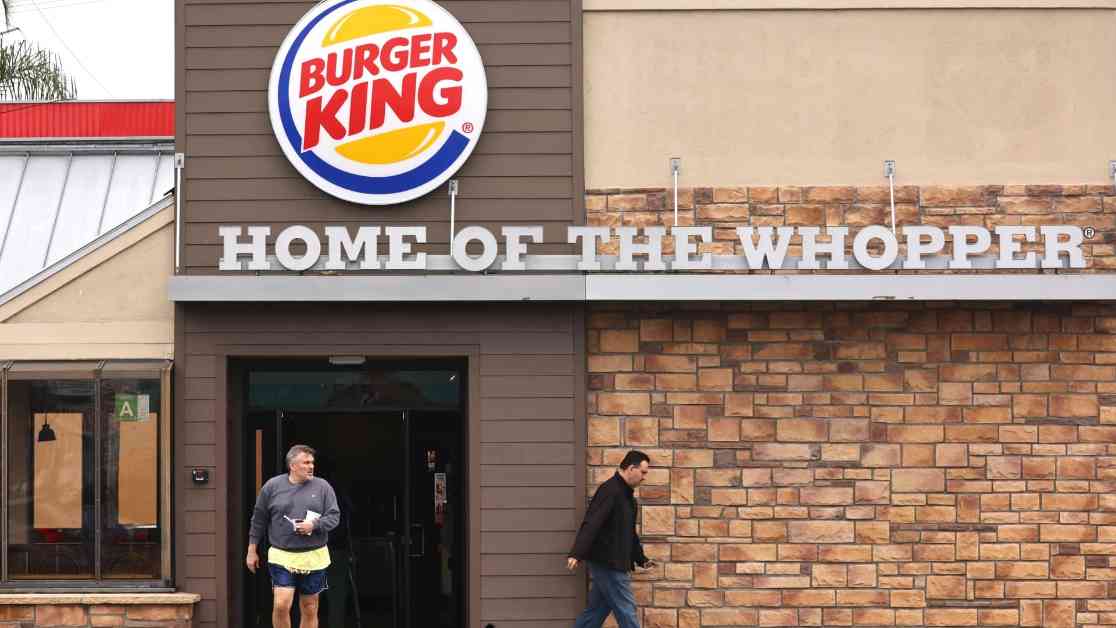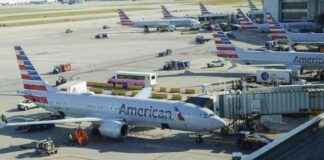Restaurant Brands International, the parent company of Burger King and Popeyes, recently released its fourth-quarter earnings report, showcasing a 2.5% growth in same-store sales. This growth exceeded Wall Street’s expectations and was driven by the impressive performance of Burger King and Popeyes locations across the United States. While shares of the company remained steady in morning trading, the financial results revealed several key insights into the fast-food giant’s operations and future plans.
Strong Financial Performance and Growth
In the fourth quarter, Restaurant Brands International reported a net income of $361 million, or 79 cents per share, a decline from the previous year. However, excluding certain fees and items, the company earned 81 cents per share, surpassing analyst estimates. The revenue for the quarter reached $2.3 billion, higher than the expected $2.27 billion, marking a 26% increase fueled by strategic acquisitions in the U.S. and China. These acquisitions, including the purchase of Burger King’s largest U.S. franchisee and Popeyes China, contributed significantly to the company’s overall sales growth.
CEO Josh Kobza highlighted the outperformance of Restaurant Brands International compared to its competitors in the quick-service restaurant industry. The company’s 2.5% same-store sales growth across all segments demonstrated robust performance, especially when contrasted with McDonald’s and KFC, which experienced declines in the same period. Burger King’s U.S. operations, in particular, saw a 1.5% growth in same-store sales, outshining expectations and showcasing the success of recent marketing campaigns and promotions.
Strategic Initiatives and Future Plans
Looking ahead, Restaurant Brands International is set to divest some of the restaurants gained through its acquisition of Carrols Restaurant Group. This move aims to accelerate the chain’s remodeling efforts and enhance operational efficiency. Despite initial plans for refranchising in 2027, the company is adjusting its strategy to optimize its portfolio of stores and streamline its operations.
Popeyes, another key brand under Restaurant Brands International, saw a slight uptick in U.S. same-store sales, reversing previous declines. The success of compelling value offerings and promotional campaigns contributed to this positive performance, positioning Popeyes for continued growth in the competitive fast-food market. Additionally, Tim Hortons, the Canadian coffee chain within the company’s portfolio, reported a 2.5% growth in domestic same-store sales, driven by increased demand for breakfast items and cold beverages.
The international segment of Restaurant Brands International experienced a robust 4.7% growth in same-store sales, surpassing analysts’ estimates. The expansion of Burger King and Popeyes locations globally played a significant role in driving higher sales and expanding the company’s footprint. As part of its growth strategy for 2025, Restaurant Brands plans to invest between $400 million and $450 million in capital expenditures to support its continued expansion and innovation initiatives.
In conclusion, Restaurant Brands International’s strong financial performance, strategic acquisitions, and future growth plans position the company for sustained success in the competitive fast-food industry. By focusing on operational efficiency, brand innovation, and customer engagement, the company aims to drive further growth and deliver value to its shareholders and customers alike.



















